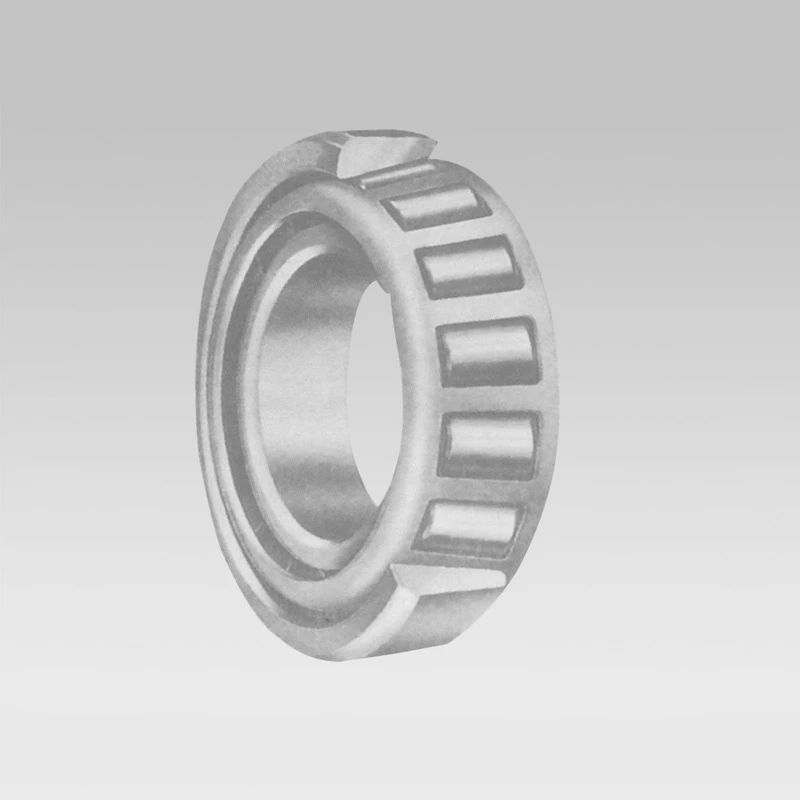
Nov . 13, 2024 16:04 Back to list
how do ball bearings reduce friction in machinery
How Do Ball Bearings Reduce Friction in Machinery?
Friction is an inherent challenge in mechanical systems, affecting efficiency and longevity. It occurs when two surfaces come into contact and resist motion, generating heat and wear. One of the most effective solutions for mitigating this friction is the use of ball bearings. These ingenious devices play a crucial role in various machinery applications, from simple household appliances to complex industrial equipment.
Ball bearings are spherical devices that enable smooth movement between two surfaces. They are made up of several essential components inner and outer races (rings), balls (the rolling elements), and in many cases, a cage to maintain spacing. The primary function of ball bearings is to reduce friction between moving parts, allowing for smoother operation and increased efficiency.
The Mechanics Behind Friction Reduction
The reduction of friction by ball bearings can be understood through the concept of rolling resistance. When two surfaces slide against each other, they experience direct frictional resistance, which can lead to wear and energy loss. However, when a ball bearing is introduced, the point of contact changes from sliding to rolling. This transition dramatically decreases the contact area and the frictional force involved.
The geometry of the balls allows them to roll instead of slide, significantly reducing the surface area that comes in contact with the races. Consequently, rolling friction is generally much lower than sliding friction. Statistically, rolling friction can be about 1/10th that of sliding friction, leading to a reduction in energy consumption and wear on the parts involved.
Load Distribution
Another crucial advantage of ball bearings is their ability to distribute load. In machinery, forces can cause misalignment and stress on components. Ball bearings accommodate these forces by evenly distributing the load across multiple points. This distribution not only prolongs the life of the machinery but also enhances the overall performance.
how do ball bearings reduce friction in machinery

By allowing for greater load-bearing capacity while maintaining low friction levels, ball bearings enable machines to operate at higher speeds and with greater efficiency. This ability to function effectively under various loads and speeds makes them indispensable in a multitude of applications, including electric motors, bicycles, engines, and more.
Lubrication and Maintenance
While ball bearings significantly reduce friction, proper lubrication is still essential for optimal performance. Lubricants serve various purposes they form a film between the surfaces, which minimizes direct contact, reduce heat generation, and prevent corrosion. Common lubricants include oil and grease, and the choice depends on factors such as operating temperature, speed, and environmental conditions.
Regular maintenance and lubrication checks can greatly extend the life of ball bearings. Neglecting this aspect can lead to increased wear and friction, ultimately resulting in equipment failure. Thus, machinery operators must ensure that their systems are well-maintained for long-lasting performance.
Applications in Everyday Life
The influence of ball bearings on everyday life cannot be overstated. They are found in countless applications, including hard drives, skateboard wheels, automotive components, and even in household items like fans and washing machines. In each case, they provide a significant advantage by reducing friction, enhancing performance, and extending the life of the equipment.
Conclusion
In summary, ball bearings are fundamental components that dramatically reduce friction in machinery. By converting sliding motion into rolling motion, they minimize contact area, distribute loads effectively, and improve mechanical efficiency. Their ability to facilitate smoother operation and enhance performance has made them indispensable in modern technology. As machinery continues to evolve, the importance of innovations like ball bearings will only grow, underlining their essential role in engineering and manufacturing industries.
Latest news
-
Premium Deep Groove Ball Bearings | High Speed & Reliability
NewsAug.29,2025
-
Durable Scaffolding Clamps - Secure & Reliable Tube Connectors
NewsAug.28,2025
-
Common Failures in Thrust Ball Bearings and Solutions
NewsAug.22,2025
-
How Tapered Roller Bearings Can Take Shock Loads
NewsAug.22,2025
-
Angular Bearings in High-Precision Spindles
NewsAug.22,2025
-
The Impact of Misalignment on Cylindrical Roller Bearing Performance
NewsAug.22,2025
